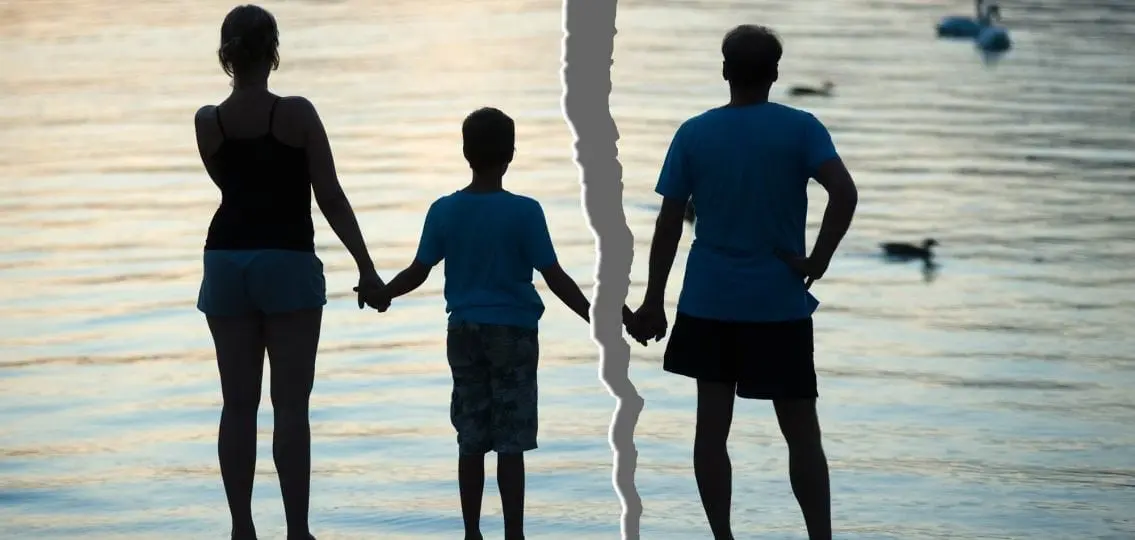As these personal stories illustrate, divorce is a complex and painful experience. Children live through so many emotions over the changes divorce brings to their lives: loss, conflict, anxiety and sadness. Parents suffer similarly, and for all involved, these feelings can change over time.
Teenagers And Divorce
Despite the challenges, parents can reduce tension by helping their kids experience their own adjustment without involving them in the spousal conflict. Two factors that protect kids through divorce are consistent, loving relationships with their parents and protection from parents’ emotional conflicts. As the teens point out, many kids find their own form of resilience and forgiveness, but parents make the road easier when they manage their own emotions, take a child-centered approach to the divorce process and seek collaborative ways to negotiate with their ex-spouse.
Teens navigating divorce will often use resources outside of their immediate family for support, turning to supportive friends, coaches, therapists or teachers who can offer understanding and validation. Children of all ages may feel the need to protect their parents from their emotions; so having healthy outlets for expressing their grief, anger and sadness can relieve a great burden for many teens. Some teens might not work through their personal experience by talking about their adjustment. For these teens, involvement with friends and activities may be more helpful. Regardless of the path chosen, protecting teens from their parents’ emotional conflicts frees them to sort out their personal feelings about the changes in their family.
Effects Of Divorce On Teenagers And Parents
Parents can learn to let go of their anger, hurt, disappointment and sadness by allowing themselves to grieve as well. Parents should seek guidance with a trained professional if it becomes too difficult to manage alone. As the legal system can be inherently adversarial, it is also important for parents to seek legal advice that is more collaborative in nature. Mediation or a newer form of collaborative law may be the best option for many families. When pain and conflict are too challenging for mediation, collaborative-minded attorneys for each parent can work together to resolve conflicts around parenting.
Parents also eventually need to move on to develop new relationships. Some parents might re-enter the dating world, and some might even remarry. The needs of the children involved become very important here as well. Parents should care for their relationships with their children during and after divorce. Continuing to communicate with teens about their feelings and the changes in the family is critical. Parents may find it best to share their plans to begin dating before introducing their kids to anyone new. A child who is unable to discuss a parent’s dating is probably not ready to meet a parent’s new friend, but when the child is ready, introduce the new person gradually and according to each child’s needs.
Although divorce is always difficult, it can result in new and healthy family relationships. Parents can find ways to navigate the process collaboratively if they place their children’s needs at the forefront. Children can emerge from the divorce experience resilient and able to cope with challenges that they will encounter in their own relationships.
TEEN 1, click here.
TEEN 2, click here.
TEEN 3, click here.
PARENT 1, click here.
PARENT 2, click here.




